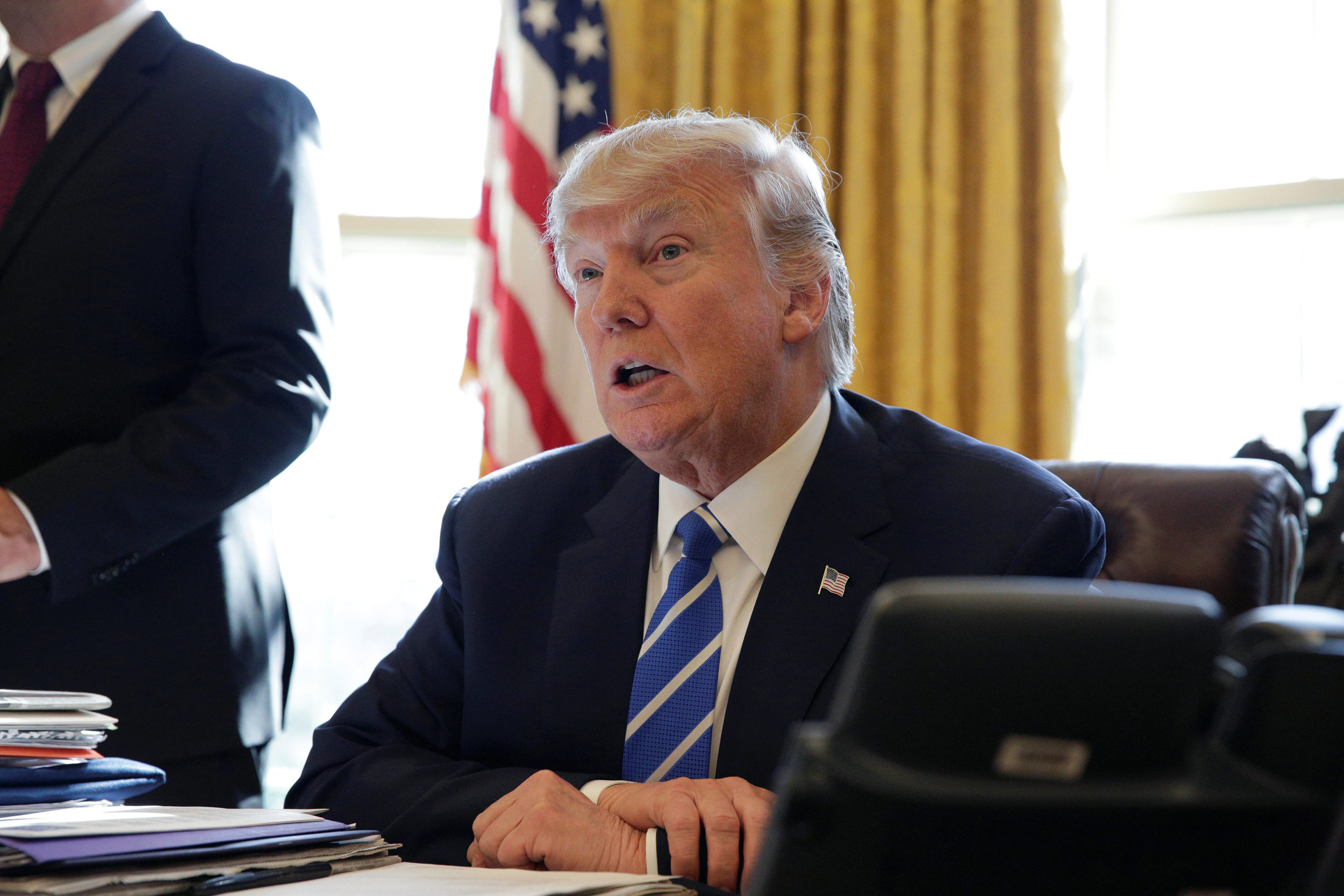
Jewish leaders around Los Angeles have begun speaking out — some more forcefully than others — against President Donald Trump’s immigration ban. And many temple congregants are doing more than merely listening.
“People are stepping forward because they see a direct call to their Jewish values in this moment,” said Senior Rabbi Ken Chasen of Leo Baeck Temple. “The values in the Torah and rabbinic literature are clear, and they are now being threatened. [Activism] feels like a very organic way to live out our Jewish values.”
Trump’s effort to restrict entry to immigrants from seven Muslim-majority countries, including Iran and Iraq, has touched off protests around the country and a legal war that is likely headed to the Supreme Court to determine if the ban is constitutional. One protest in New York this week led to the arrests of about 20 rabbis affiliated with the liberal group T’ruah, according to The New York Times.
No arrests have occurred in Los Angeles, but the ban and other Trump actions have sparked outrage among many Jewish groups.
More than 200 Leo Baeck congregants participated in the Women’s March in Los Angeles the day after the inauguration, and large numbers attended a pro-immigrant demonstration at Los Angeles International Airport the following weekend. Chasen said he’s taking calls daily from people who ask what they can do to get involved.
Rabbi Sarah Bassin of Temple Emanuel of Beverly Hills said 65 congregations participated in the Women’s March, and last week, the synagogue hosted a class on immigration and refugees from a Talmud and Torah perspective. An American Civil Liberties Union representative talked to the group as well.
Bassin said she encourages her members to speak up and participate, even if she personally doesn’t have the same political views.
“I just gave a sermon on how we’ve channeled our civic engagement into yelling on social media and how that’s not civic engagement,” she said. “I don’t care where people are on the political spectrum as long as they responsibly and thoughtfully lend their voice into the public sphere from a place that’s motivated by Jewish values.
“I think Judaism has deeply woven into it the connection between politics and faith,” she added. “It’s very important that people have a safe space to articulate their values.”
“I think Judaism has deeply woven into it the connection between politics and faith.” – Rabbi Sarah Bassin
Rabbis Lisa Edwards and Heather Miller of Beth Chayim Chadashim are infusing their sermons and prayer commentaries with news and have added a weekly prayer for the country.
Edwards attended two meetings for interfaith clergy at the Islamic Center of Southern California, “aimed at what our communities can do in particular to help support Muslims and undocumented immigrants” and at the Holman Methodist Church, organized by Clergy & Laity United for Economic Justice-Los Angeles and the Southern Christian Leadership Conference. She learned that, “People are afraid and anxious. Anxiety is the more operative word than fear. People feel very aware about possible deportations.”
IKAR’s founder and Senior Rabbi Sharon Brous is also collaborating with other faith communities. The weekend of the inauguration, she organized events involving congregants from her synagogue as well as those from the Islamic Center mosque and All Saints Church in Pasadena.
“We have very robust and growing multi-face community relationships we work on and continue to prioritize right now,” Brous said. “We’re much more effective when we join together with mosques and churches.”
Brous, who spoke at the Women’s March in Washington, D.C., said the history of Jews as immigrants should prompt action.
“Our sacred texts demand that we stand up and fight for the most vulnerable people in our midst,” she said. “This is not about political preference. This is about moral imperative.”
Jay Sanderson, president and CEO of The Jewish Federation of Greater Los Angeles, distributed a letter by email in which he did not take a position for or against the president’s executive order, but detailed Federation’s work with Jewish immigrants and refugees. The letter said that since 1973, Federation has helped more than 27,000 refugees.
Other Jewish leaders made their feelings known through letters to their congregants.
Rabbi Yoshi Zweiback and his fellow clergy at Stephen Wise Temple indicated that “… because our Torah calls upon our Jewish people to be a moral light unto the nations, we feel it necessary to voice our profound protest to the President’s recent executive order that has the effect of banning people from certain Muslim majority countries, as well as all refugees for a period of 120 days, from entry into this nation.”
They reminded members of the temple’s namesake and his work for compassion and social justice: “We proudly commit ourselves to advocating for a society that embodies the teaching of our Torah: ‘The stranger who resides with you shall be to you as one of your citizens; you shall love the stranger as yourself for you were strangers in the land of Egypt.’”
For the past year and a half, Temple Beth Am has had a refugee task force. In a letter to his congregants, Senior Rabbi Adam Kligfeld said Trump’s executive orders “trouble me, to say the least.” But he acknowledged the complexity of the issues: “No country willy-nilly flings its doors open to anyone who wants in. There are reasonable fears regarding how the wrong immigration policy could enable terrorism, as some recent events in Europe have sadly shown. We have to take it seriously. Deal with it in some meaningful way. But we cannot let it paralyze us.”
Senior Rabbi Ed Feinstein of Valley Beth Shalom found inspiration for his letter by imagining his zayde confused, sitting in a detention cell at LAX. He called Trump’s order “destructive” and said we must be inclusive and “welcoming to those seeking the freedoms we cherish.”
Representatives of four religious groups — the Academy for Jewish Religion, California; Claremont School of Theology; University of the West; and Bayan Claremont, an Islamic graduate school — collaborated on a statement, saying, “As interreligious partners, we live the dream of inclusion, understanding, and compassion. We know there is a better way — better than building walls and banning human beings based on religious beliefs or country of origin.”
Without addressing the ban or taking sides in his letter to congregants, Senior Rabbi Steven Leder of Wilshire Boulevard Temple encouraged people to volunteer with the Karsh Family Social Service Center and to help build houses for the poor.
“Although I will not assume the role of political pundit, upholding the extremely high value Jewish law places on Shalom Bayit — maintaining a peaceful home and community — is a role I cherish,” he wrote.







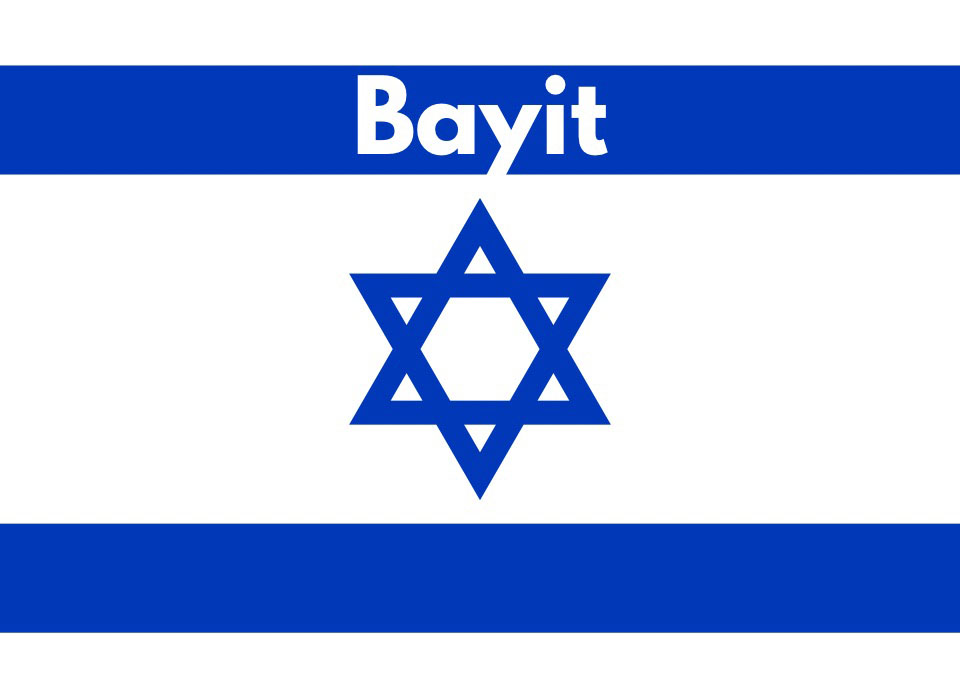
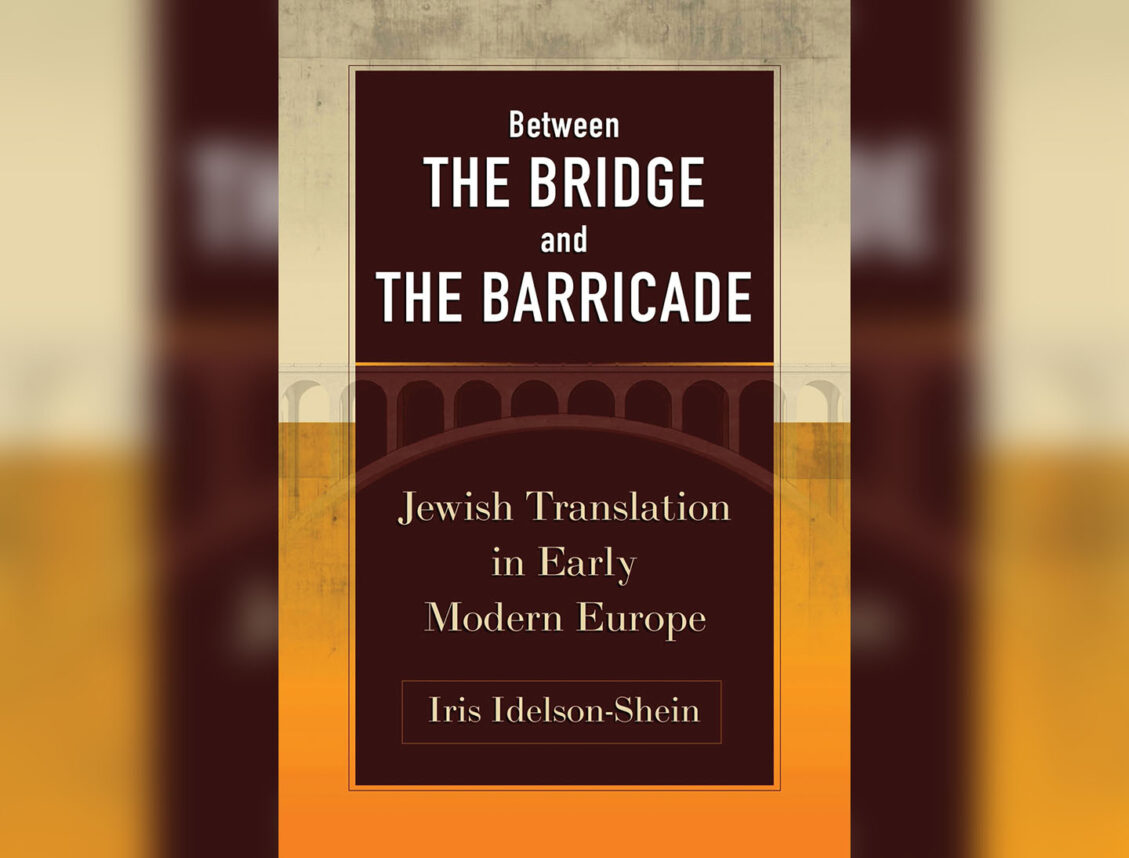
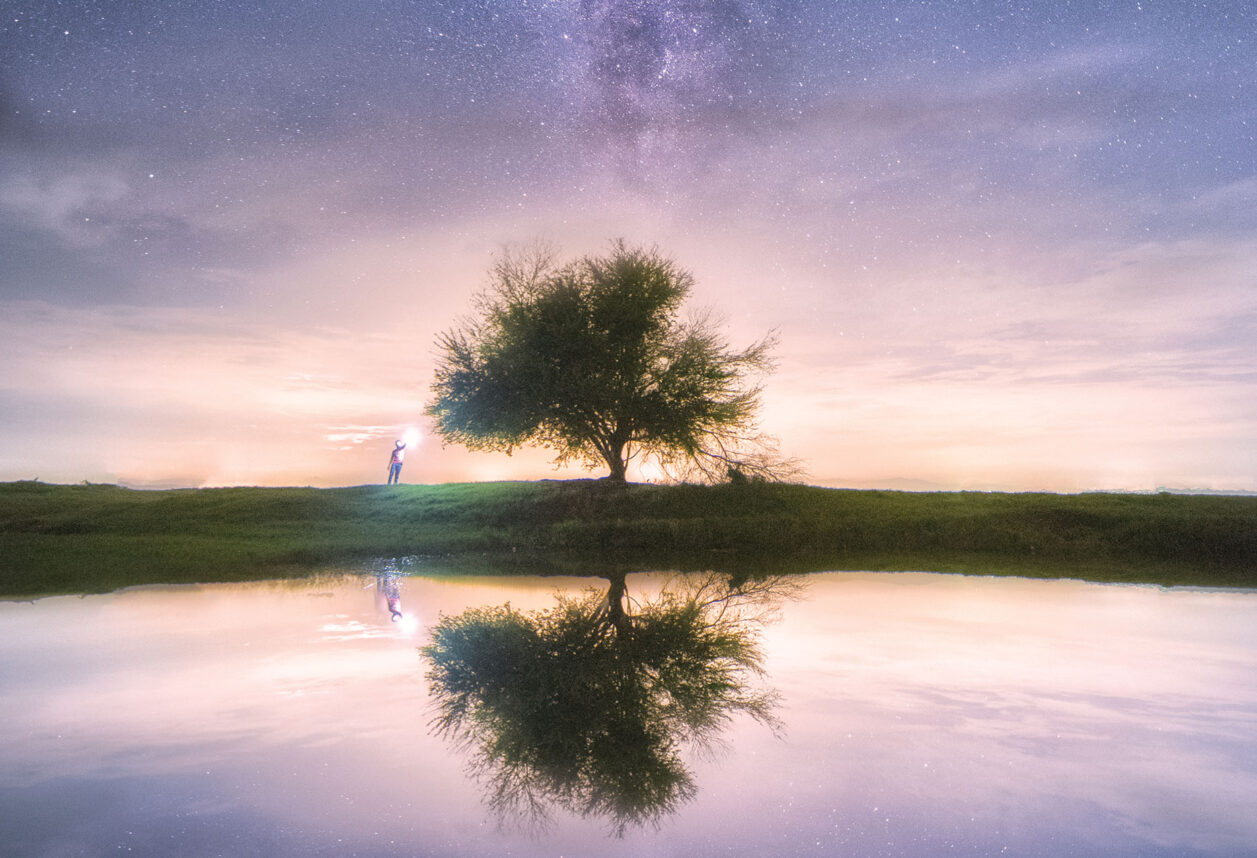
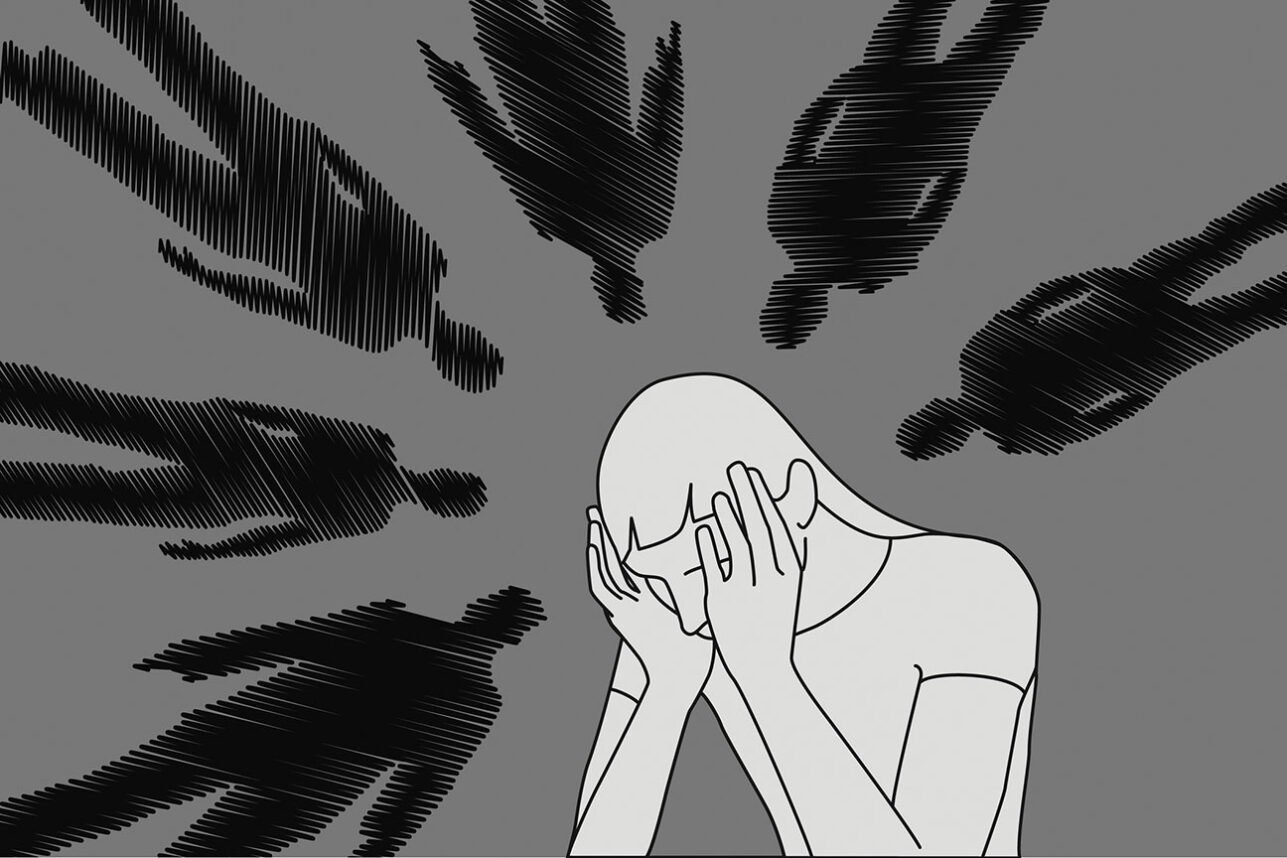
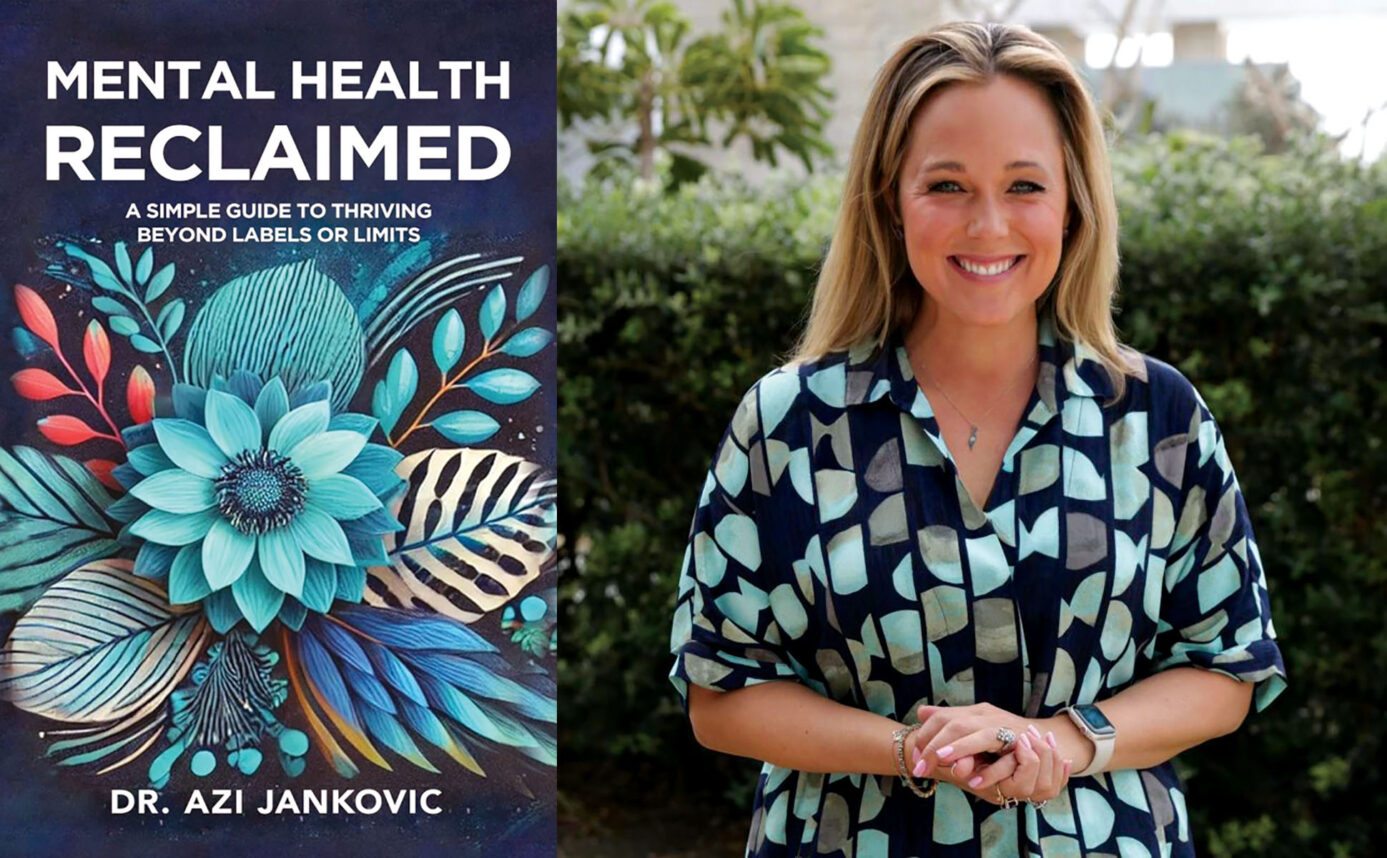

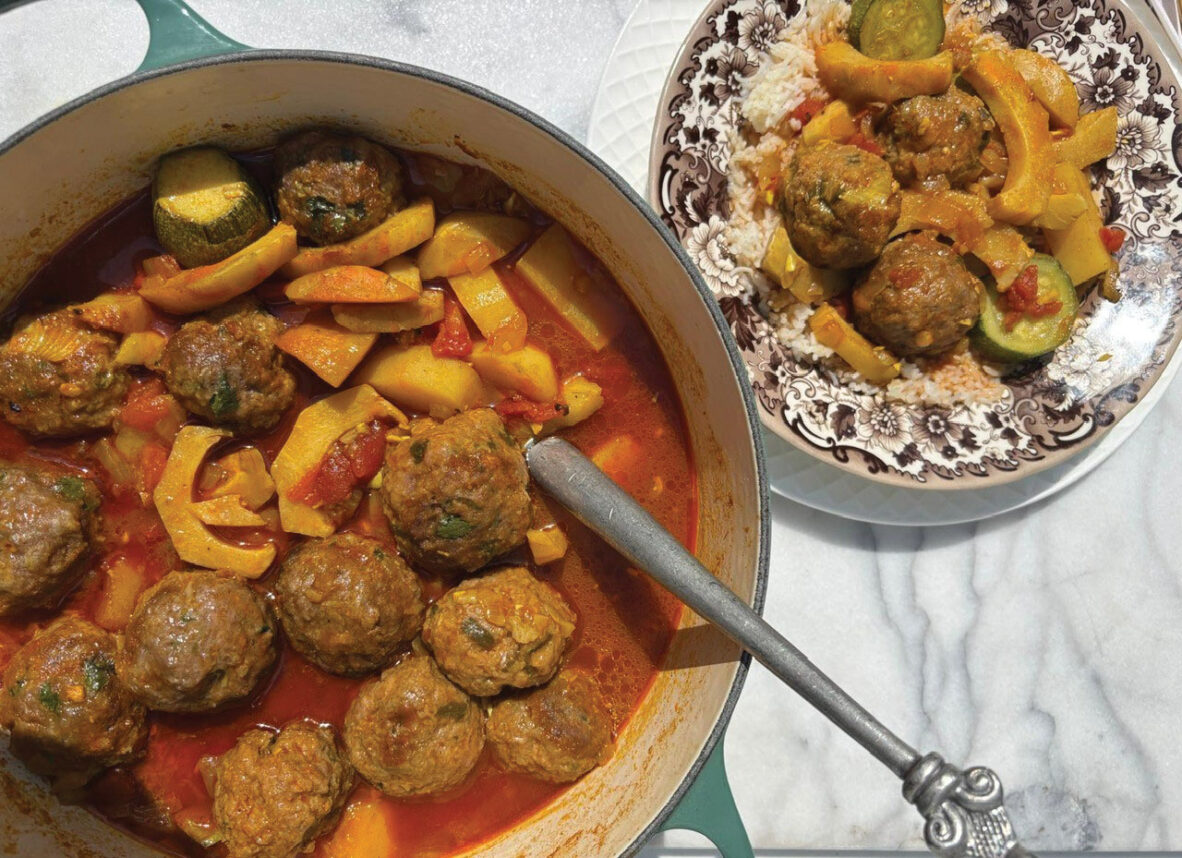
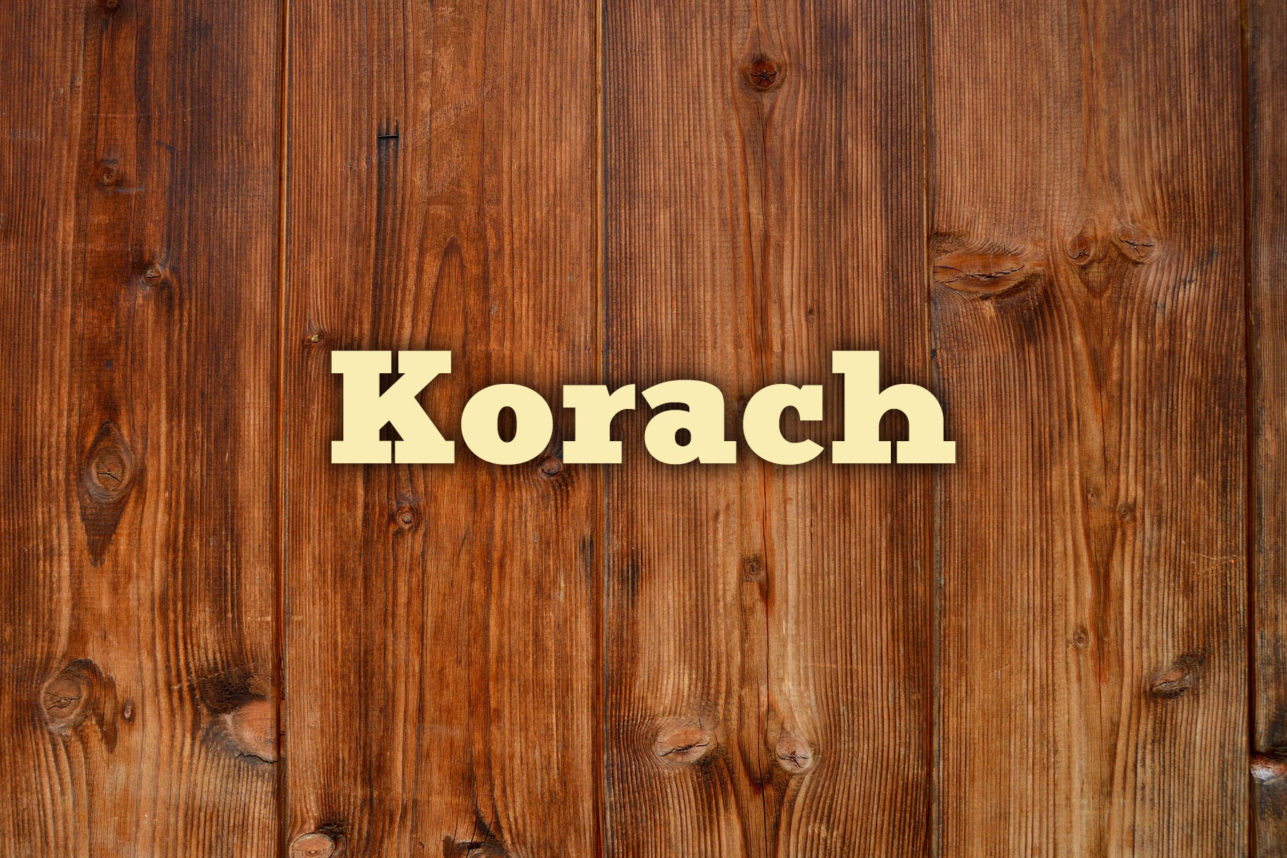
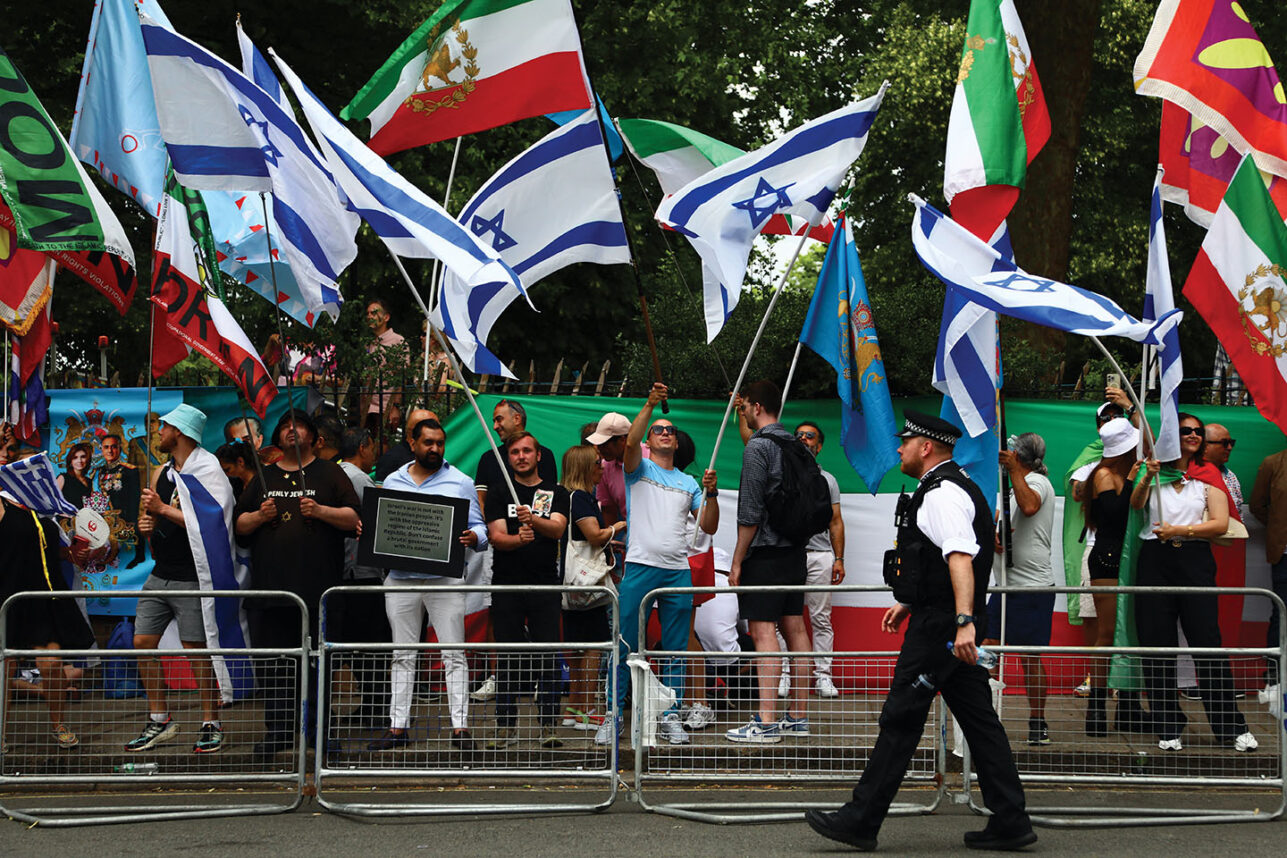

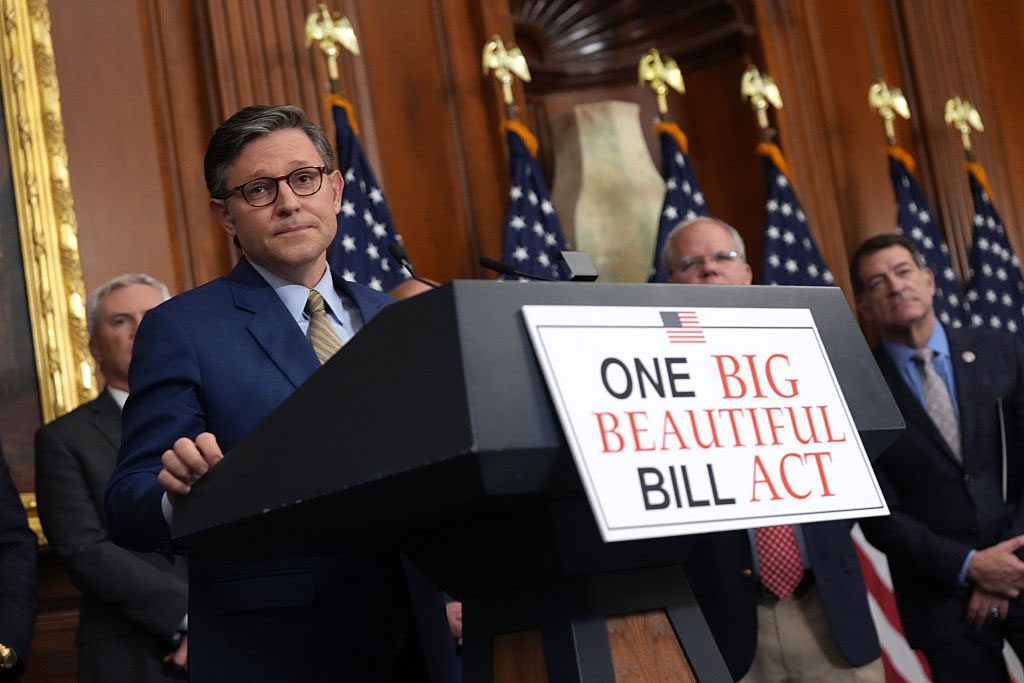
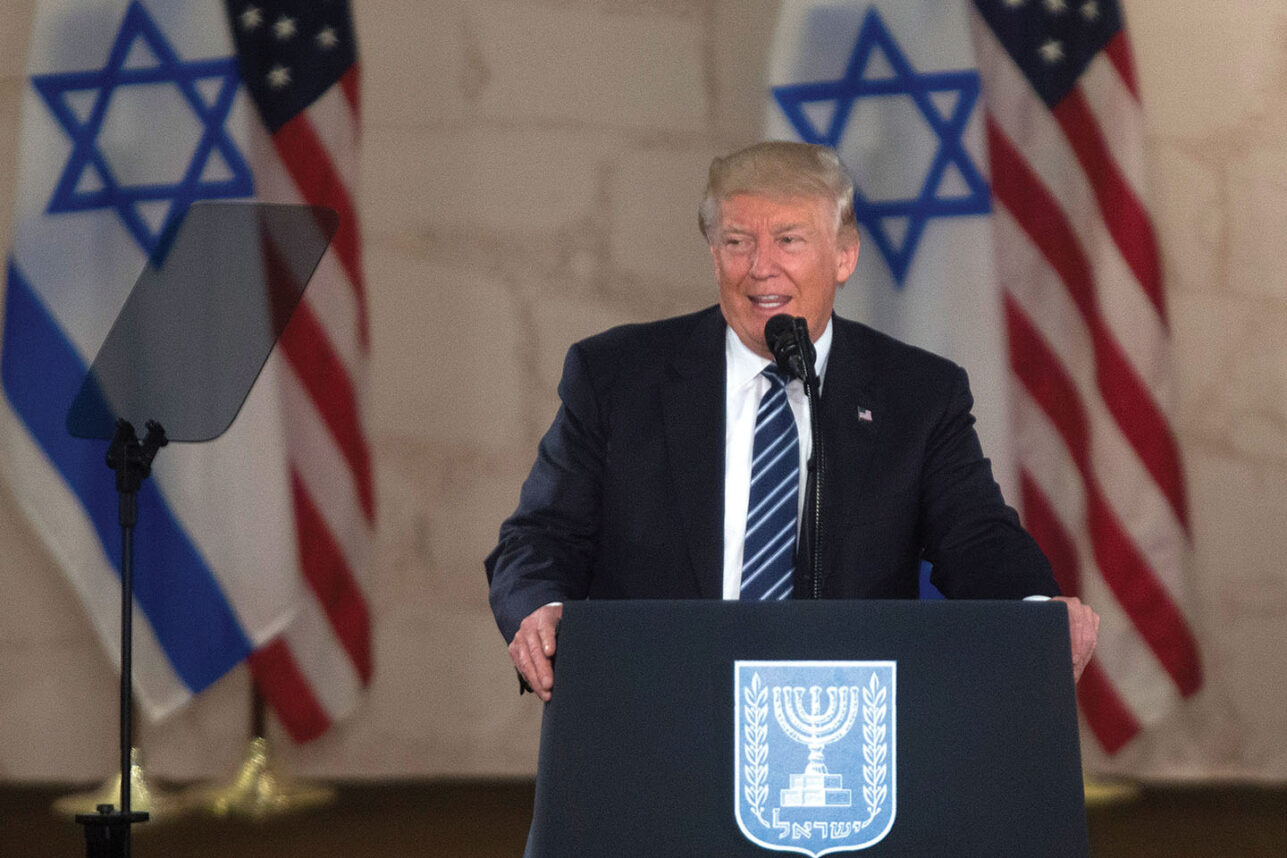
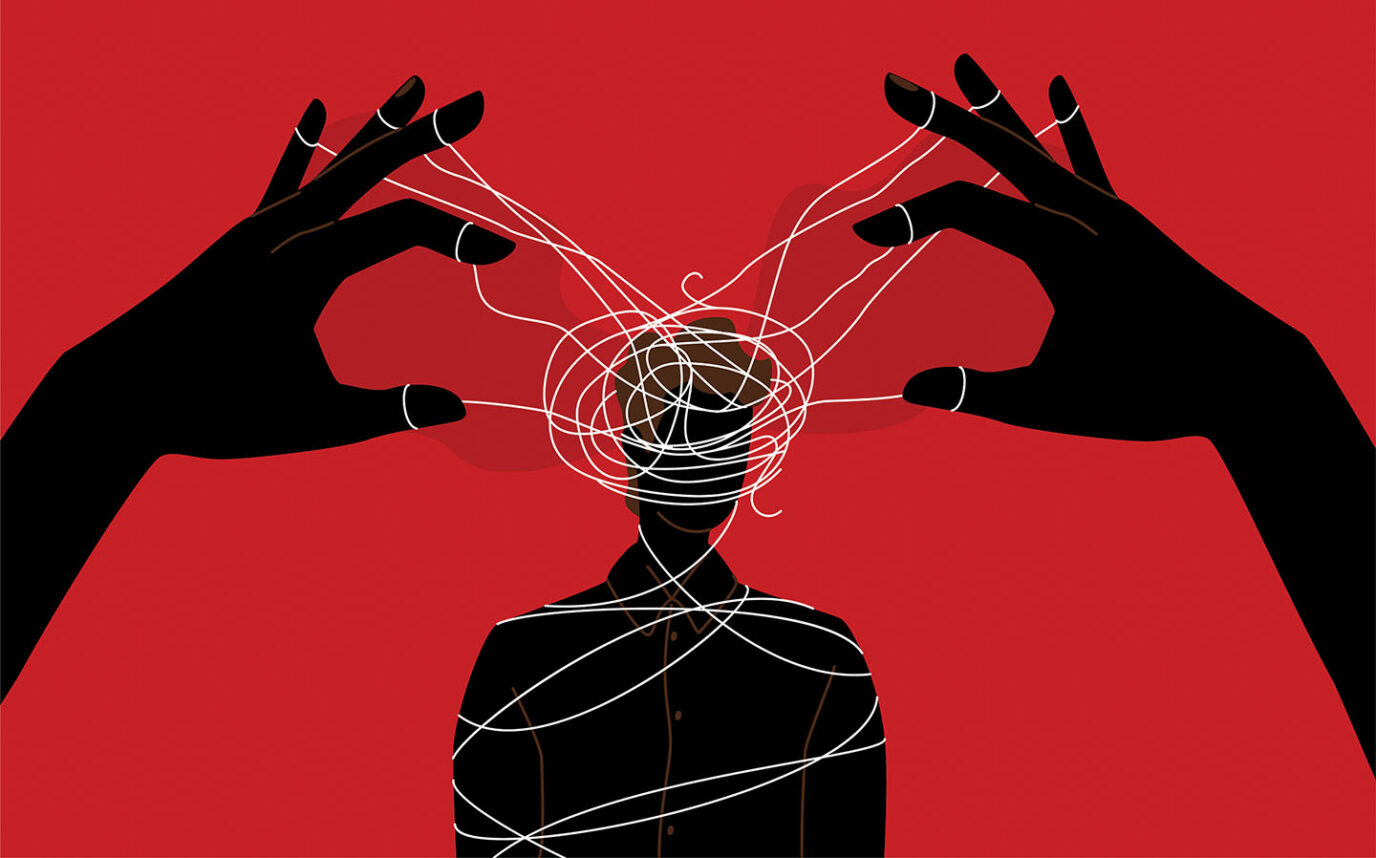
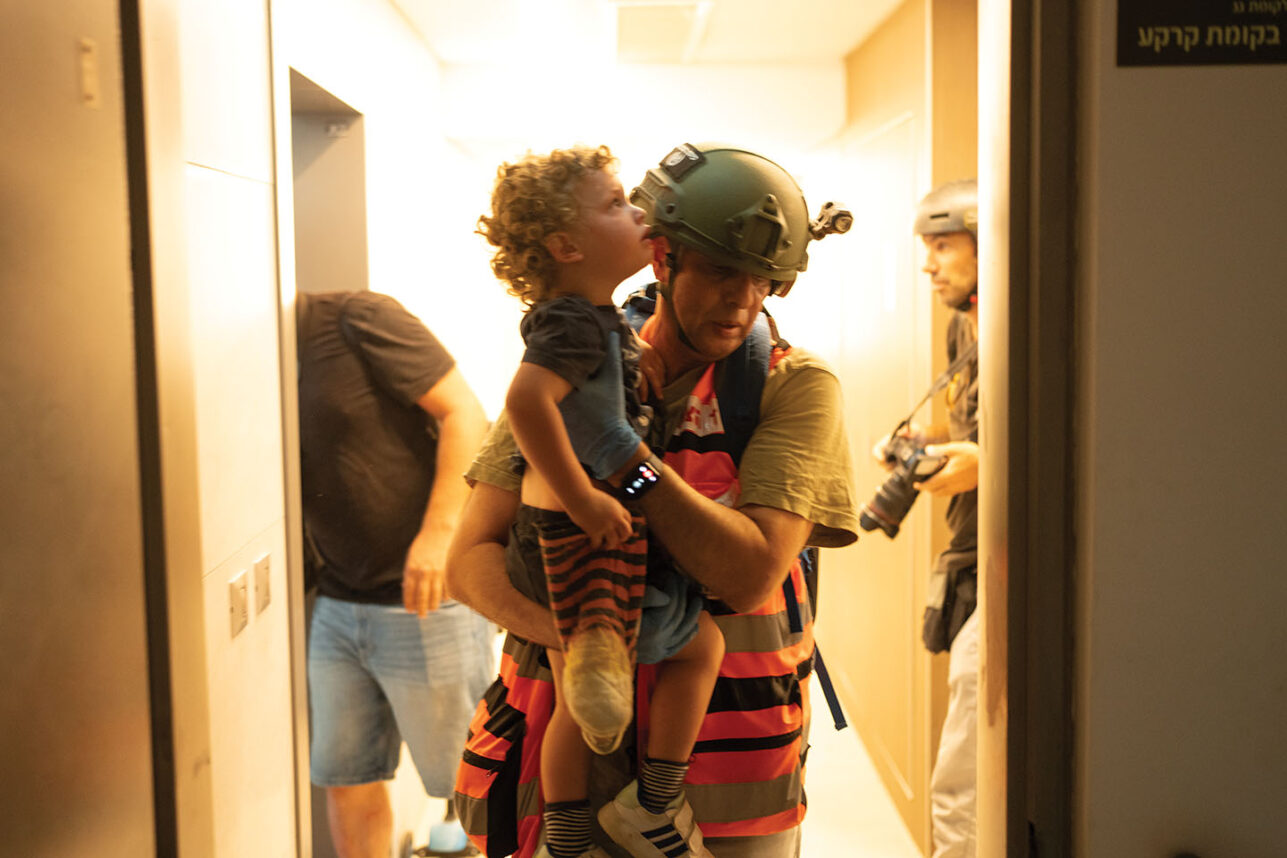
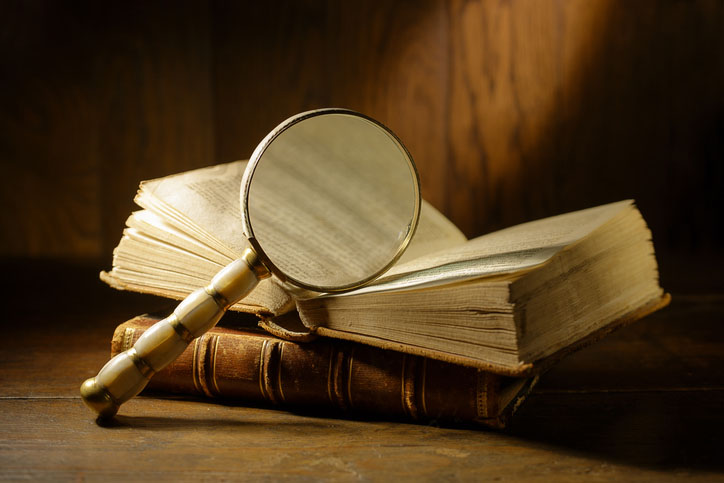
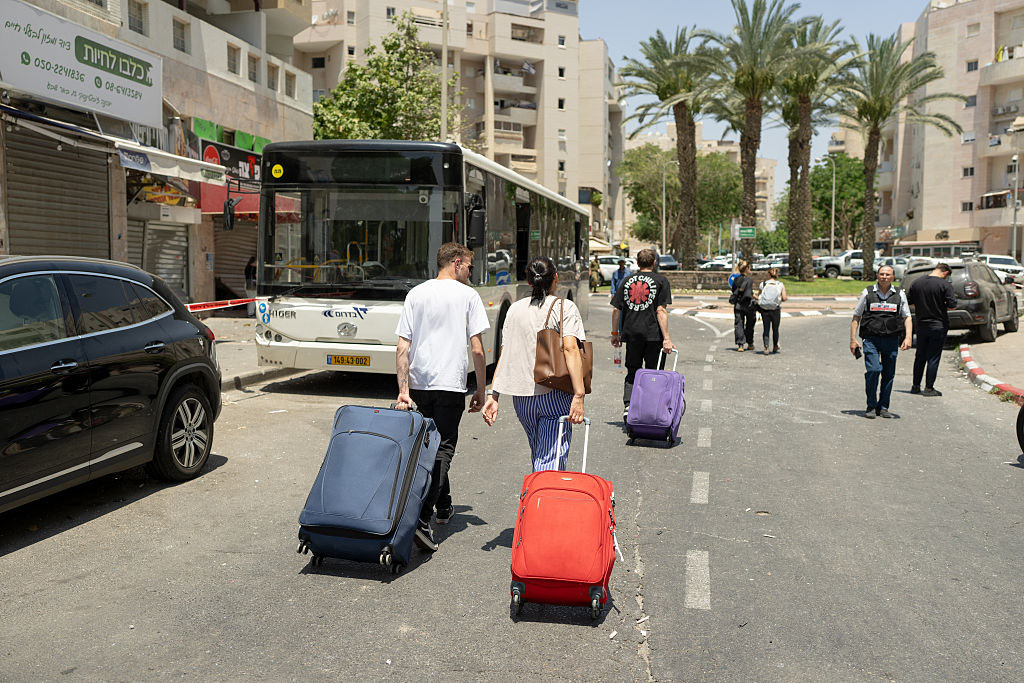
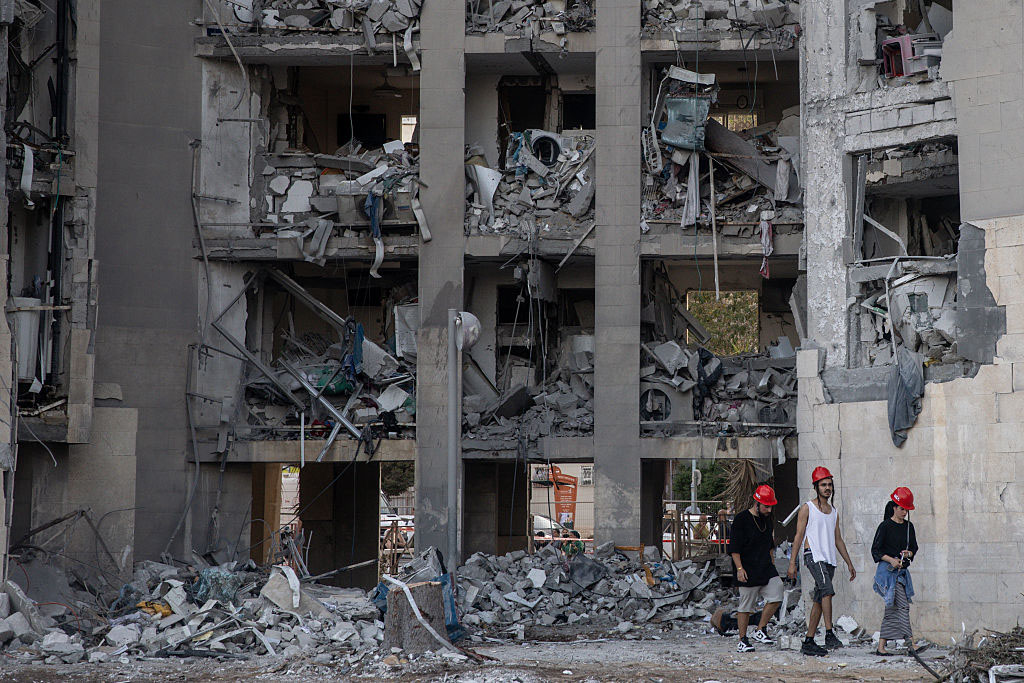
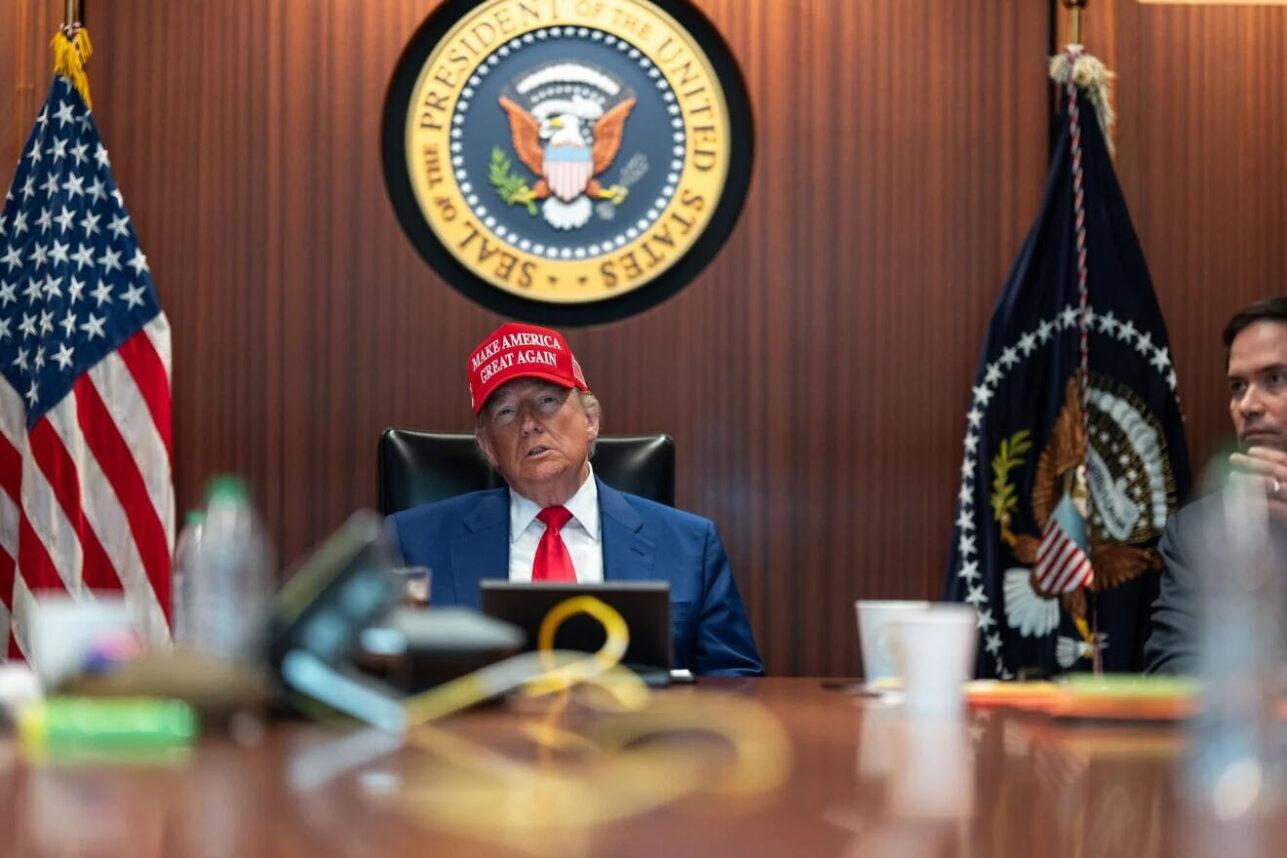
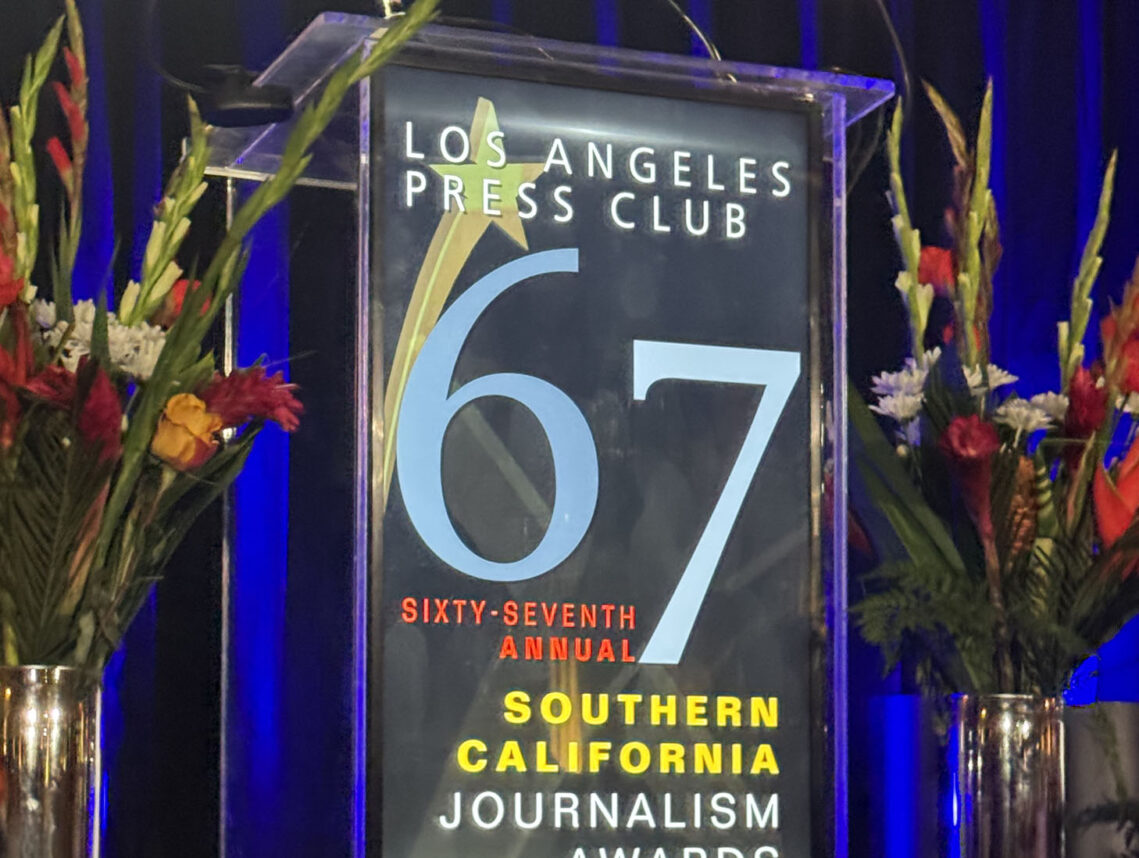
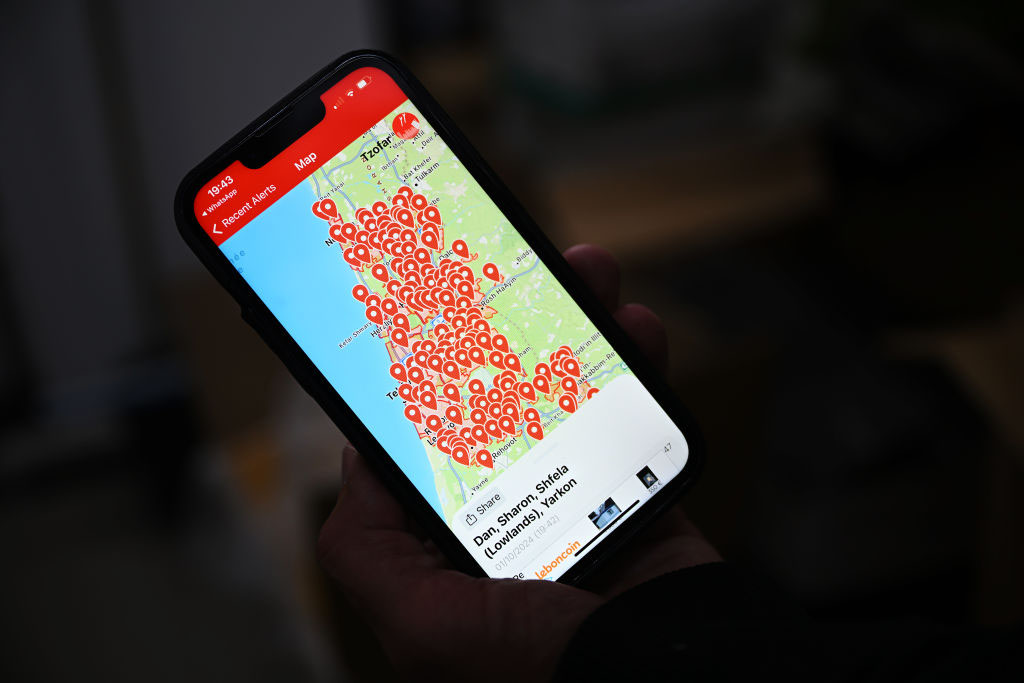
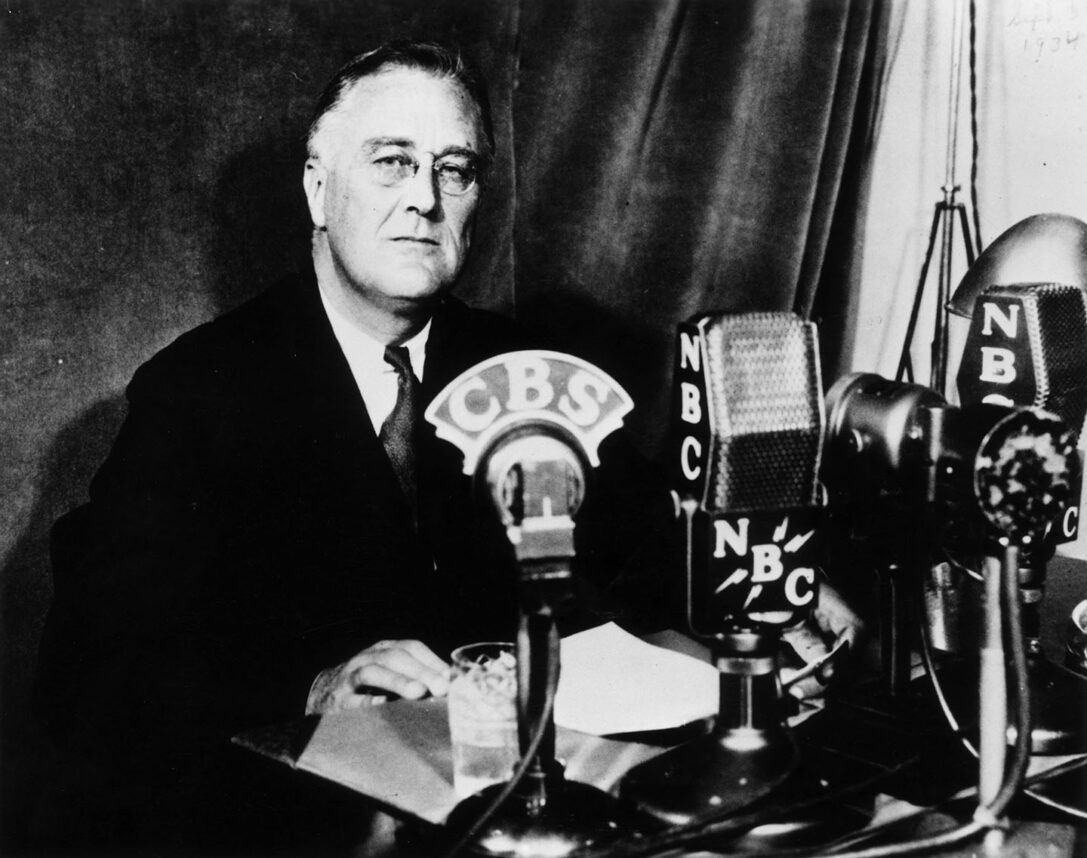
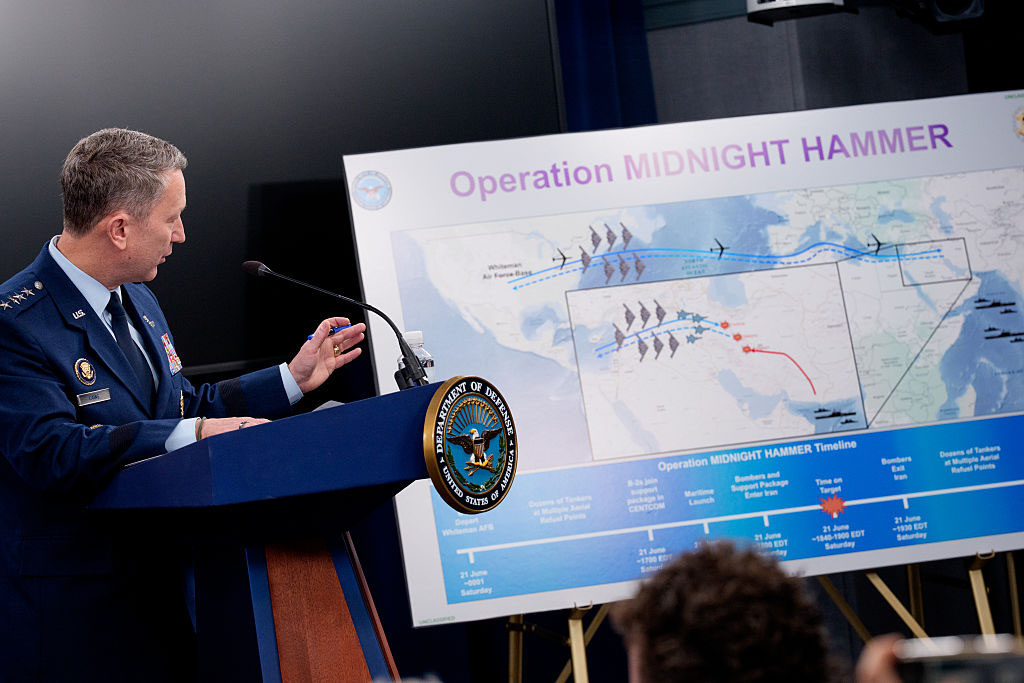
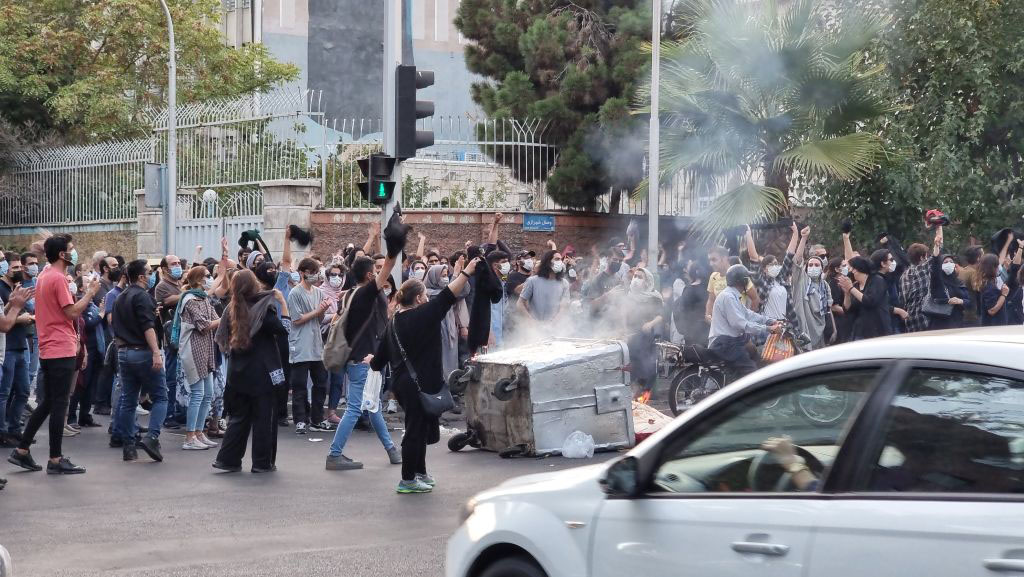
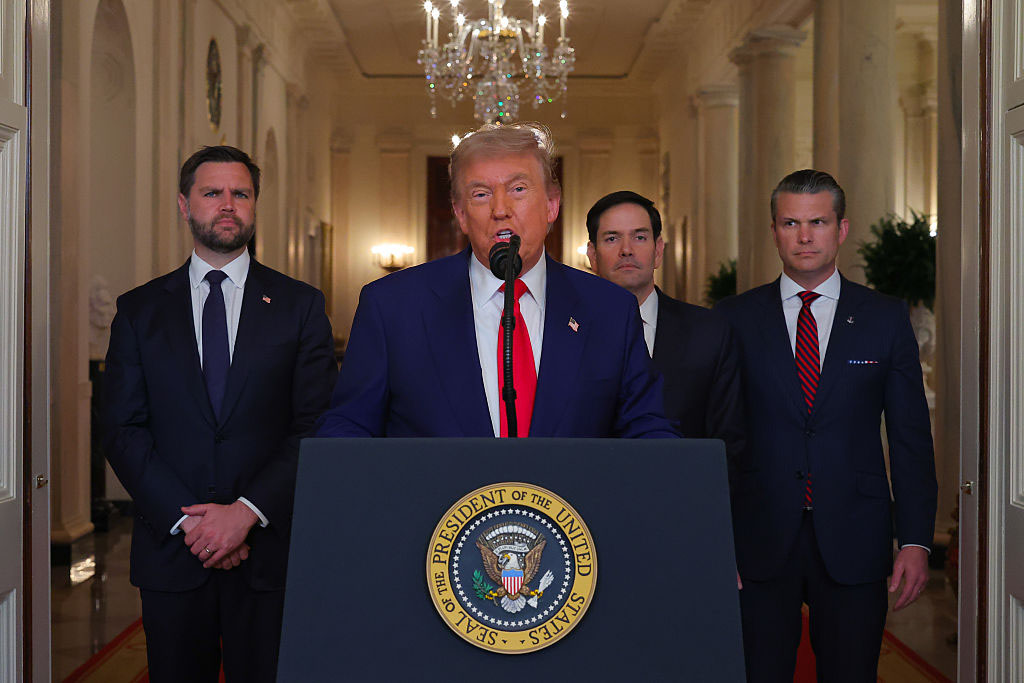
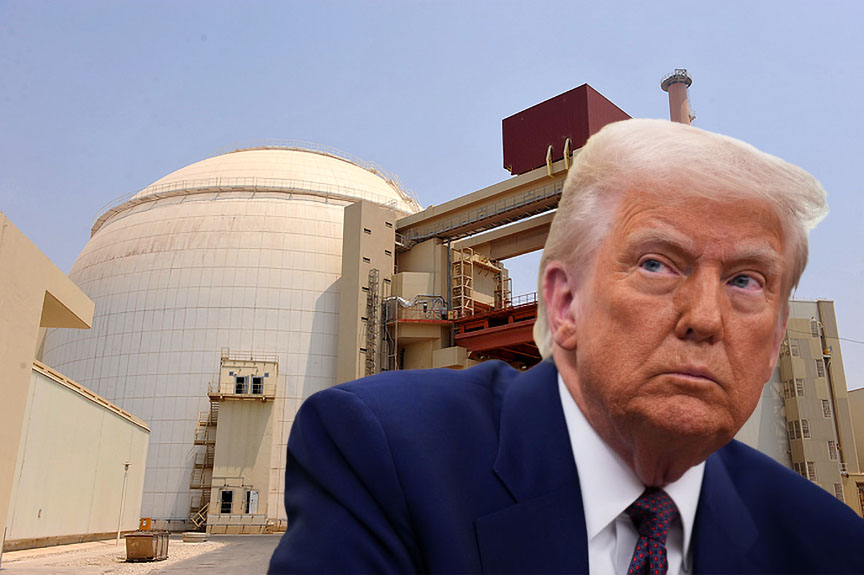


 More news and opinions than at a Shabbat dinner, right in your inbox.
More news and opinions than at a Shabbat dinner, right in your inbox.